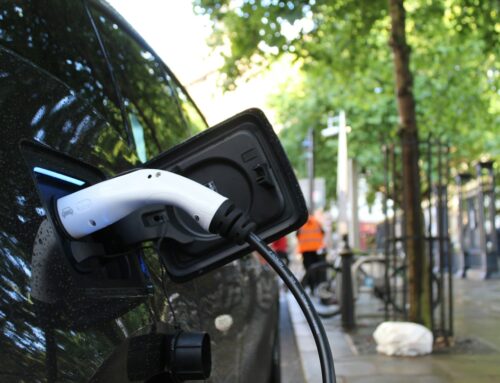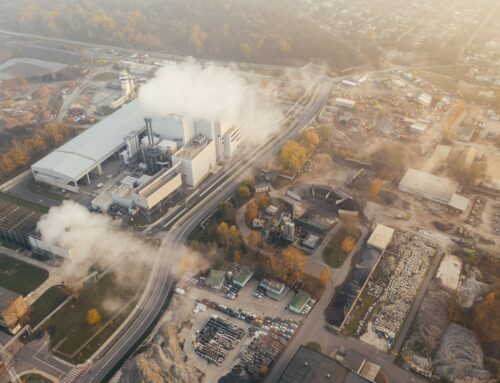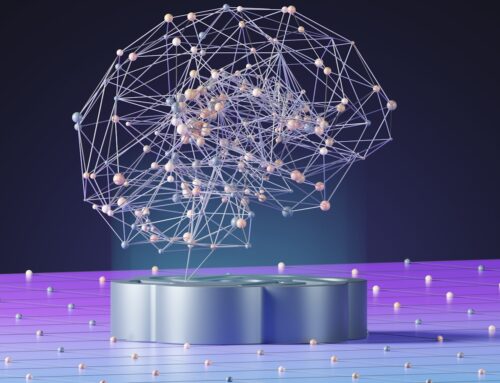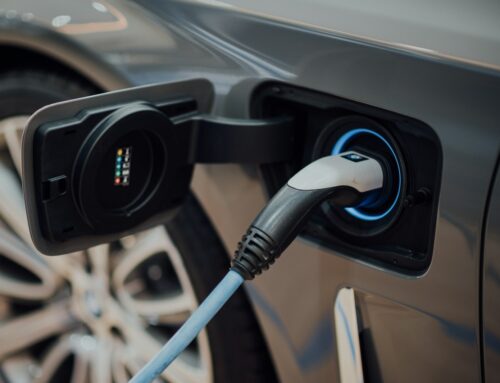Referendum on Extending the Operation of the Third Nuclear Power Plant to Be Held on August 23
Former Minister of the Interior Lee Hong-yuan recently stated that the “Nuclear-Free Homeland” policy is a mistaken policy that could turn Taiwan’s energy issue into a national security problem. In response, the Bureau of Energy under the Ministry of Economic Affairs stated today (13th) that the development of green energy aligns with global trends and meets domestic industry demand for green electricity. After the decommissioning of the Third Nuclear Power Plant, renewable energy accounted for 10% of the power mix, and power supply has remained stable. The Bureau urges the public to support national energy policies and not be misled by incorrect data.
The Bureau noted that in 2024, Taiwan’s renewable energy accounted for 12% of the total power generation — significantly higher than the 4% low-carbon electricity share claimed by Lee Hong-yuan. By June 2025, carbon-free renewable energy will make up 10.8% of the mix. Thanks to the government’s years-long efforts to increase natural gas and reduce coal use, coal-fired power has dropped to 38.3%, far from Lee’s claim of 90% coal share and that post-nuclear electricity would be mostly “dirty power.”
Additionally, in the face of rigid international supply chain requirements for green energy and the domestic semiconductor industry’s adherence to RE100 standards, the Bureau emphasized that “Taiwan needs more green electricity.” Through a second energy transition, the government is expanding diverse sources of green power. In addition to continuing to promote mature renewable sources like solar and offshore wind, Taiwan is actively developing forward-looking technologies such as geothermal and small hydro, as well as emerging energy sources like hydrogen and ammonia, to meet industrial demand while planning new baseload power — a key international development trend.
Finally, the Bureau reiterated that restarting nuclear power in Taiwan must meet two prerequisites: First, the Nuclear Safety Commission must legally establish safety review procedures; second, Taipower must conduct self-assessments according to those procedures to evaluate whether conditions for restart are met, including the timeline and cost-effectiveness. Decisions must also follow three principles: ensuring nuclear safety, resolving nuclear waste issues, and achieving social consensus. While Taiwan maintains an open stance toward new nuclear technologies such as Small Modular Reactors (SMRs) or nuclear fusion, the focus remains on monitoring global developments in this field.





